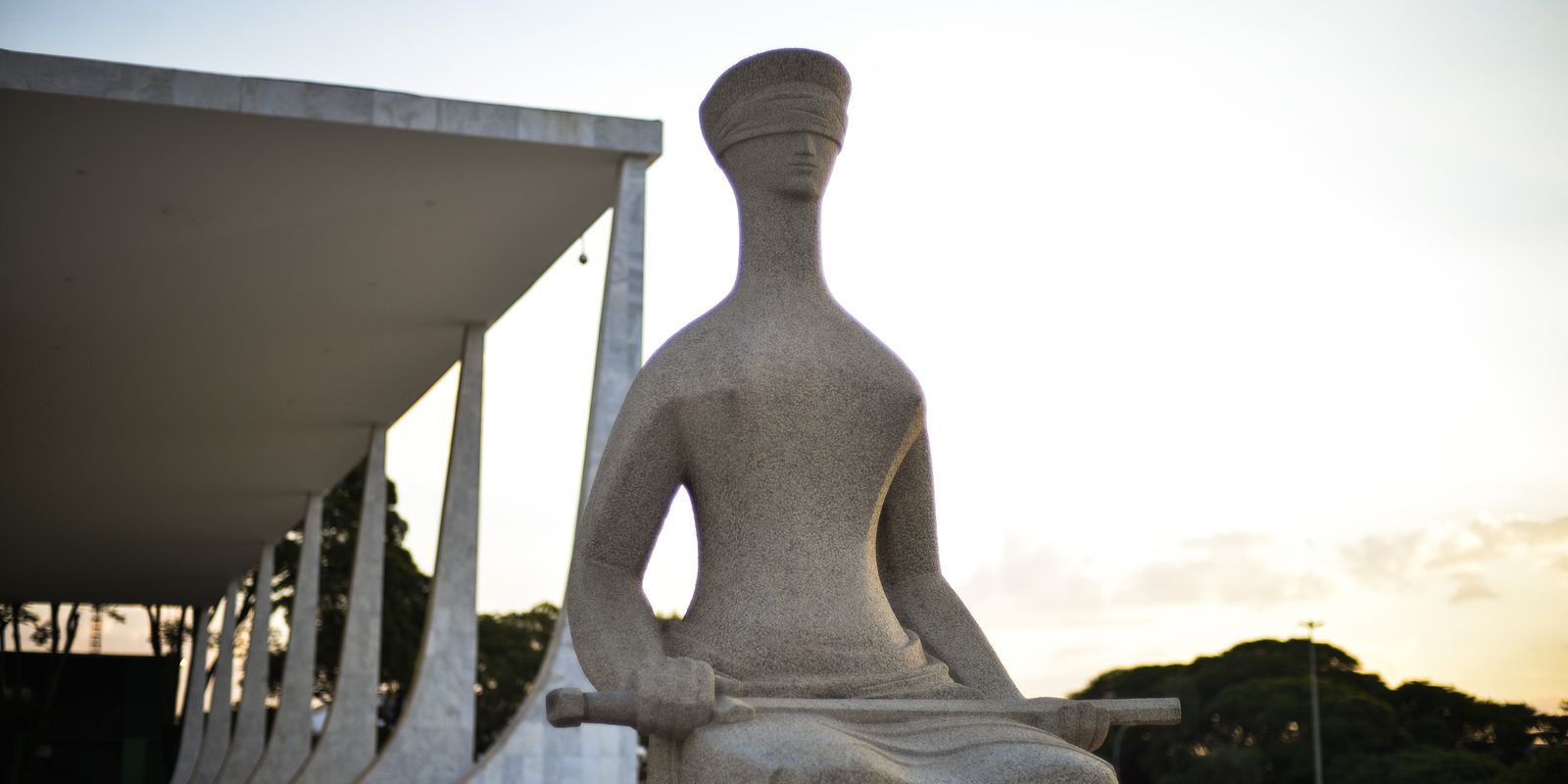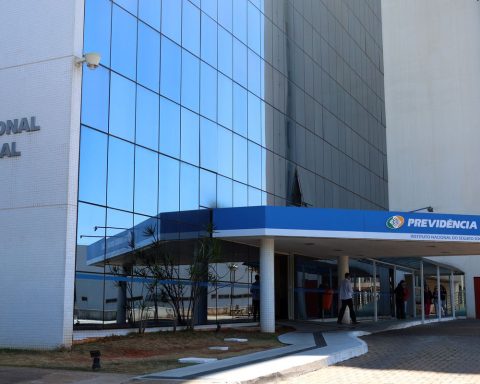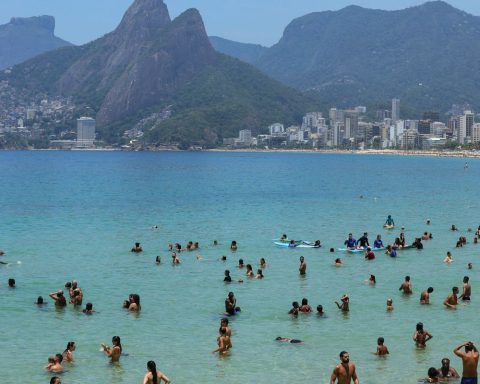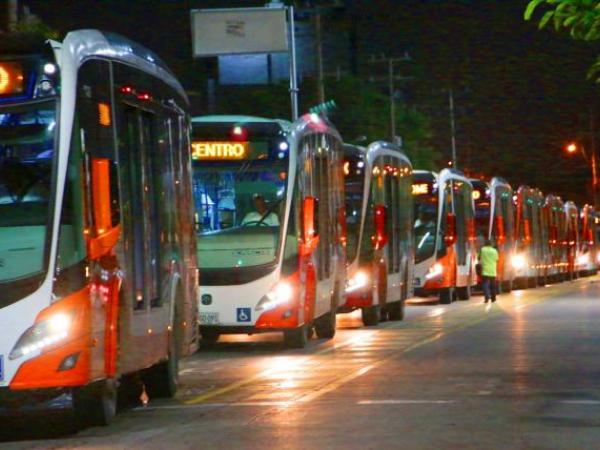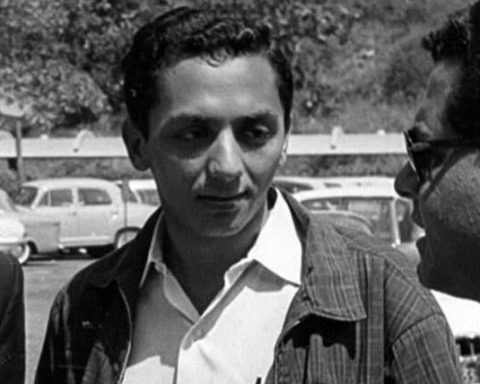The majority of the justices of the Federal Supreme Court (STF) voted to reject the request of the Attorney General of the Republic, Augusto Aras, to withdraw the power to request documents and information from public bodies from public defenders’ offices.
The trial takes place in virtual plenary and was resumed this week with the return of a visa requested by Minister Alexandre de Moraes. Upon returning the case, he voted to reject the request, following the rapporteur, Edson Fachin, who had voted in November.
All in all, Aras filed 23 direct actions of unconstitutionality (ADI) against the requisition prerogative conferred on public defenders by a federal law and 22 state laws.
Among other arguments, the PGR claimed that the right of requisition given to defenders “unbalances the procedural relationship”, violating the constitutional principle of isonomy between the parties in a process, since private lawyers do not have the same power to request documents.
The trial provoked a reaction from public defenders and human rights organizations, who saw Aras’s initiative as a threat to poor and vulnerable people’s access to justice, the public served by the defenders’ offices.
Wishes
Rapporteur of all 23 ADIs, Fachin voted in November, before Moraes’s visit. He rejected the arguments presented by the PGR and stated that “there is no need to talk about any kind of violation of the constitutional text, but on the contrary, its densification”.
For the rapporteur, the power of requisition was one of the instruments given to public defenders precisely so that they can fulfill their constitutional mission of defending the needy, “by enabling easy and quick access of the community and the hyposufficient to documents, information and clarifications”.
When reopening the trial, last Monday (11), Moraes said in a written vote that the power of requisition is not a “privilege of the institution or members of the Public Defender’s Office”, in fact it is “an institutional prerogative in benefit of the assisted”.
“The power of requisition constitutes, therefore, a fundamental mechanism for the performance of the constitutional duty of the Public Defender’s Office, which honors the improvement of the democratic system, the realization of fundamental rights of broad access to Justice (CF, art. 5, XXXV) and of providing full and free legal assistance to the hyposufficient (CF, art. 5, LXXIV)”, wrote Moraes.
So far, Justices Gilmar Mendes, Rosa Weber, Dias Toffoli, Luiz Fux and André Mendonça have voted for the dismissal of the actions, but without disclosing a written vote. As a result, a majority of 7 among the 11 ministers of the Supreme Court was formed. The only one to differ, for now, was the minister Cármen Lúcia, even if in part.
The other ministers have until 11:59 pm this Friday (18) to vote. Until then, except in the case of a request for a view or prominence (referral of the case to the conventional plenary), the majority vote must prevail.
partial divergence
For Cármen Lúcia, the power of requisition could only be practiced by public defenders in the case of actions for the defense of collective rights, but not in individual actions.
“In this case, the attribution, to this body, of the prerogative to request documents and measures from public authorities, their agents and private entities would imply an unconstitutional differentiation between public defenders and other lawyers”, wrote the minister, agreeing with one of the arguments. of Aras.
